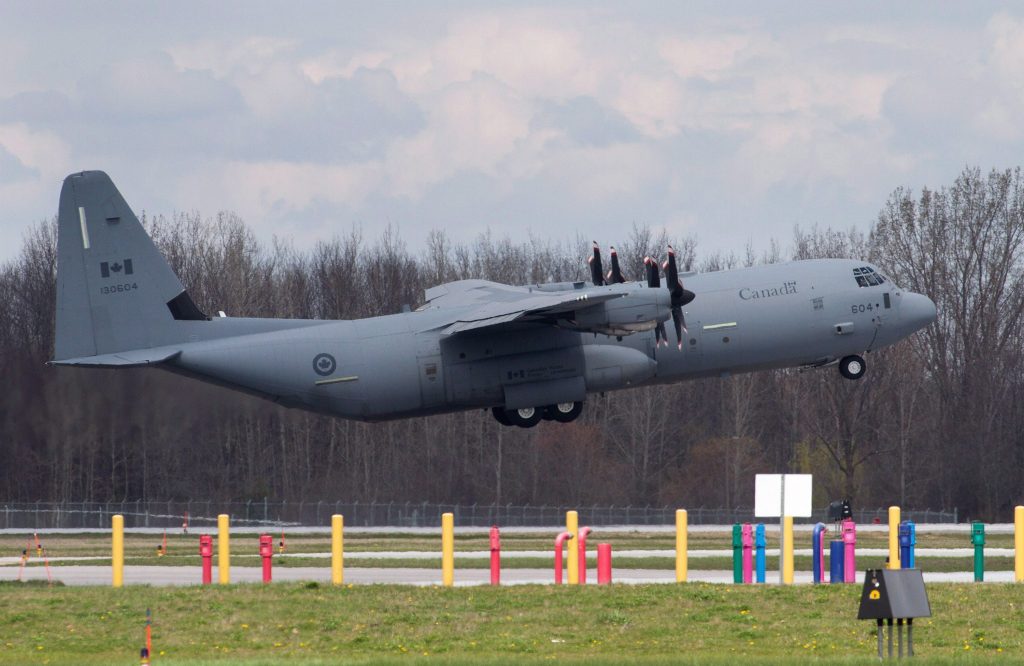Officials report that the Canadian military has successfully evacuated over 700 individuals from northern Ontario due to a significant wildfire threatening the Sandy Lake First Nation. This evacuation effort has utilized CC-130 Hercules aircraft to airlift people from the community, which has a total population of more than 2,000 residents.
The wildfire in northern Ontario has escalated dramatically, doubling in size to exceed 1,500 square kilometers. As of Sunday night, the fire had advanced through 40 kilometers within just a 24-hour period and was alarmingly situated approximately six kilometers from Sandy Lake First Nation. The military's assistance was requested over the weekend as the situation escalated.
In response to this crisis, tens of thousands of individuals across Canada have been forced to evacuate from similarly intense wildfires. The provinces of Saskatchewan and Manitoba have each declared a state of emergency due to the situation. Premier Doug Ford has confirmed that firefighting resources, including teams from the United States, have been deployed to assist Canadian firefighters in combating the ongoing fires.
The early onset and severe nature of the wildfire season have put immense pressure on Canada’s firefighting capabilities, leading to a call for international assistance. The Canadian Interagency Forest Fire Centre has issued a situation report indicating that mobilization efforts for additional help are underway.
Current statistics from the agency overseeing Canada’s wildland firefighting response reveal alarming figures: nearly 30,000 square kilometers of land have burned since the beginning of the year. This figure is three times higher than the five-year average and almost seven times the 25-year average for this time of year. These stark numbers illustrate the unprecedented scale of wildfires currently affecting the nation.
Research has indicated a strong link between climate change, primarily driven by fossil fuel combustion, and the increased frequency and severity of wildfires in Canada. This troubling trend highlights the growing impact of environmental factors on both the landscape and human communities.
This report highlights the urgent need for both immediate action to combat the fires and long-term strategies to address the underlying causes of climate change that contribute to such disasters. The situation remains dynamic, and efforts to ensure the safety of affected communities are ongoing.












